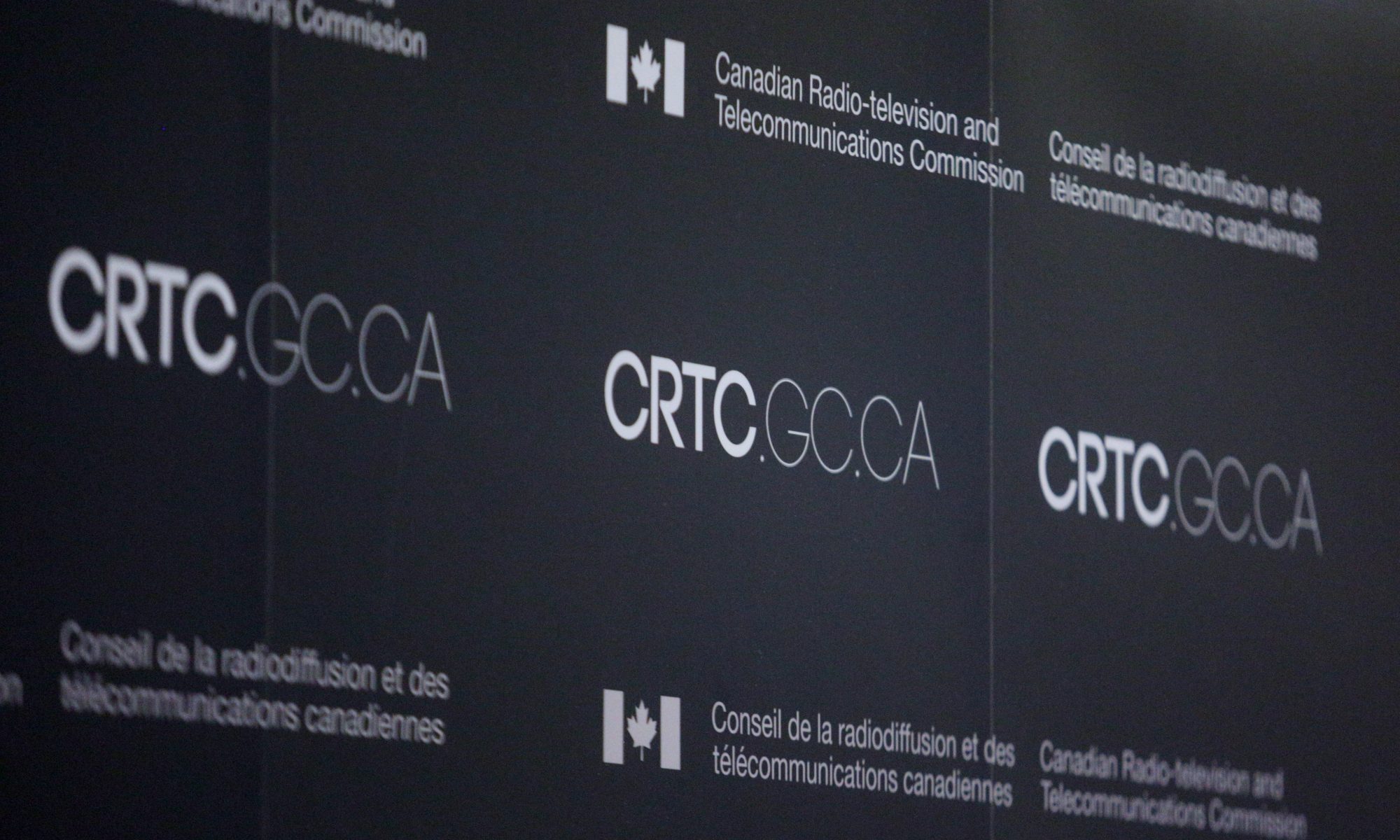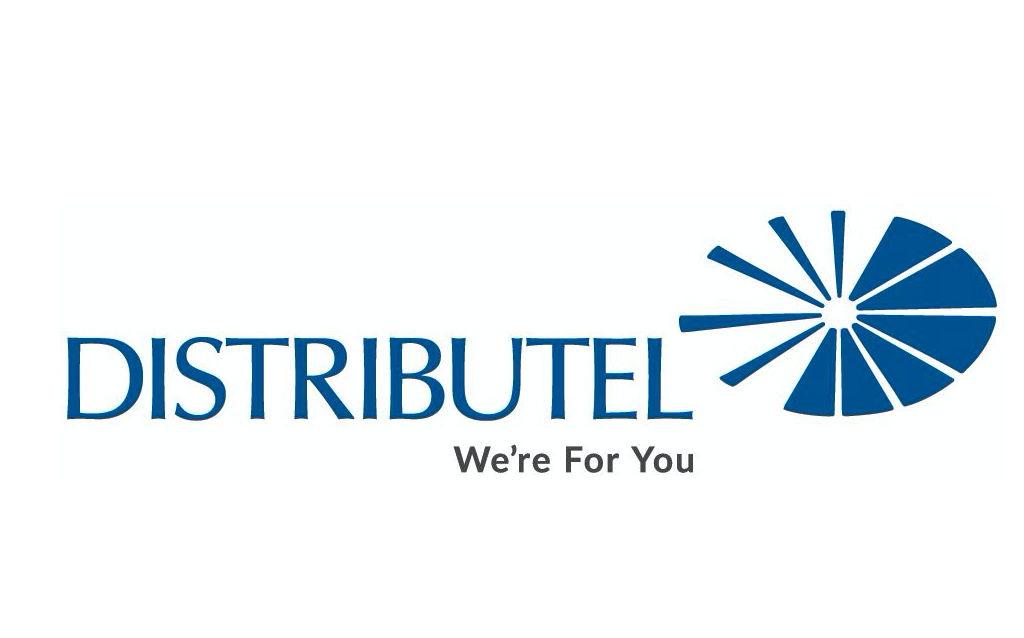In the latest in a series of acquisitions in the ISP sector this year, BCE Inc. is seeking to acquire one of Canada’s largest independent ISPs, Distributel Ltd., for an undisclosed number.
The deal, which is subject to approval by the Competition Bureau, is expected to close by the end of the year, Distributel CEO Matt Stein said in an interview with the Wire Report, and will see the Toronto-based ISP become a “wholly-owned, but independently operated” company.
Stein said that there would be no management changes, layoffs, or job reductions as part of the acquisition.
The acquisition, the CEO said, came about as a result of a search for new investors in the company. “We went out looking for a way to enhance our growth. We went and chose a partner that we felt was going to allow us to do that, and not tell us how and where and when, but to really support us and believed in our mission and what we were trying to do,” Stein said.
As for the Competition Bureau approval process, Stein said he is hoping that the acquisition will have an easier path than Rogers Communications Inc.‘s acquisition of Shaw Communications Inc., which is currently before the Competition Tribunal after the bureau opposed the merger.
“As much as Distributel has done, we’re not at Freedom’s market share levels,” Stein said, referring to Shaw’s mobile wireless brand at the centre of the bureau’s objection. Referring to the acquisitions earlier this year of Ebox Inc. (also by Bell) and VMedia Inc. (by Quebecor Inc.), Stein said that the ISP industry has been “ripe for consolidation.”
The acquisitions “are examples of incumbents competing in different ways. And those [acquired] companies are continuing to compete in the market, as Distributel will, regardless of who the shareholders are underneath.”
“We were not forced into a situation like this,” Stein said of his company. “We are and continue to be a profitable company. We’re not losing customers like so many in the industry are. We’re doing fine and we’re looking to do better, and this is a way for us to do that.”
Bell’s acquisition of Distributel does carry with it some awkwardness for the Competitive Network Operators of Canada (CNOC), the wholesale ISP trade organization of which Distributel is one of the largest members, and of which Stein has been the chair of for the past four years.
CNOC and Bell, Distributel’s putative parent company, have been on opposing sides of a number of the most contentious fights in the telecommunications sector over the past number of years, including the years-long battle over wholesale rates incumbents are allowed to charge for mandated access to companies like Distributel, the effort to achieve a mobile virtual network operator framework for wireless services, and access to in-building wire in multi-dwelling units.
Stein has resigned as chair and president from CNOC’s board, but said that he hopes Distributel can remain a member.
According to CNOC executive director Geoff White, the question of Distributel’s continued membership in the organization will be up to the other members. “Unlike the Videotron and VMedia situation, where Videotron has an established track record of trying to compete against the large national incumbents – particularly outside of their territory – the situation with Bell has a much different quality to it,” White said in an interview.
“Bell of course has taken out all the stops to delay and weaken the wholesale framework, including appeals, review and vary application, and petitions,” White said, adding that the respective acquisitions of CNOC members by Quebecor and Bell are “fundamentally different in terms of scale and animus against the wholesale framework.”
“That, I expect, is going to be a major cause for concern amongst CNOC members,” White said, and described the acquisition of one of Canada’s largest independent ISPs as “a huge loss.”
“If it is true that Distributel will be owned but not operated by Bell, then perhaps there are some ways in which Distributel can remain an important voice for the cause of competition,” White said. “That said, the very appearance of an incumbent being somehow involved in an association whose mandate is to advocate for more choice and better customer service, is going to be an interesting discussion with CNOC members.”
White said that the acquisition will “embolden” other members of CNOC to continue their push for more competitive measure in the sector, but he did accept that three consecutive acquisitions of independent ISPs could create something of a domino effect.
“The dominoes appear to be falling, and in this largely free market, it’s only natural that companies who have been strained by the high wholesale rates might be looking to exit,” White said, and pointed to what he said is a need for more regulatory intervention. “This situation should sound the alarms in terms of improving the regulatory landscape, because the three incumbents have market power, and they’re only getting stronger.”
But will CNOC try to make the case to the Competition Bureau that it should seek to block the acquisition?
“At the moment, Distributel is not part of CNOC’s decision-making or governance. Whether or not we take an adverse position on the transaction is something that will be considered in due course,” White said.
— Reporting by Michael Lee-Murphy at mleemurphy@thewirereport.ca and editing by Paul Park at ppark@thewirereport.ca
Kiedy grasz w kasynach online w Polsce, możesz korzystać z różnych metod płatności, w tym Visa i Mastercard. Możesz także korzystać z przelewów bankowych i e-portfeli. Większość z tych metod jest bezpieczna i niezawodna. Możesz również użyć kryptowaluty, jeśli chcesz wyeliminować wszelkie opłaty transakcyjne stron trzecich.
Podczas gdy legalność kasyn online w Polsce zależy od operatora, jeśli planujesz grać w kraju, powinieneś wybrać licencjonowane kasyna online. Jeśli witryna hazardowa nie ma licencji w Polsce, musisz znaleźć taką, która ma licencję w innym kraju.
Polskie prawo jest dość surowe w kwestii hazardu online. Większość kasyn online w Polsce dostarcza tylko informacji o regulowanych opcjach hazardowych. W Polsce rząd kontroluje loterie i zakłady sportowe. Hazard online jest dostarczany przez firmę państwową. Nie jest jednak jasne, ile wolności rząd przyzna kasynom online w kraju.
W 2011 r. polski rząd wydał nowy zestaw przepisów dotyczących hazardu online. Prawo zabrania obywatelom hazardu na nielegalnych lub nielicencjonowanych witrynach, ale dopuszcza platformy zakładów i zakładów sportowych ze wstępnie zdefiniowanymi kursami. Branża legalnych kasyn online jest kontrolowana przez państwowy Totalizator Sportowy, który zalegalizował również internetowe serwisy bukmacherskie w Rosji, na Ukrainie i w Curao.
Witryny kasyn online w Polsce często oferują hojne bonusy powitalne. Zazwyczaj te oferty bonusowe są warte sto procent Twojego początkowego depozytu. Jednak niektóre kasyna online oferują jeszcze wyższe kwoty, do kilkuset EUR lub PLN. Oferty te mogą pomóc Ci zwiększyć Twój bankroll i zrozumieć różne strategie gry.
Istnieje wiele rodzajów gier do wyboru kasyno depozyt 5 zł blik. Możesz grać w klasyczne automaty do gier lub wypróbować gry na żywo, jeśli chcesz urozmaicić swoje wrażenia z hazardu. Cokolwiek wybierzesz, pamiętaj, aby trzymać się swojego budżetu. Będziesz szczęśliwy, że tak zrobiłeś.
Polskie przepisy dotyczące gier hazardowych były stosunkowo luźne w latach 90., ale nowy rząd skorzystał z okazji, aby uregulować kasyna online. W latach 2009-2011 zaktualizowano polskie przepisy dotyczące hazardu online. Chociaż te nowe przepisy ograniczały witryny kasyn online, skupiały się również na grach loteryjnych. W 2011 roku rząd przyjrzał się branży. Przyjęta została nowa nowelizacja ustawy o grach hazardowych, która ma zalegalizować hazard online w Polsce.
Les amateurs de jeux d’argent français peuvent jouer dans les casinos en ligne en France.
site de casino en ligne francais proposent une large gamme de jeux, notamment des machines à sous, des jackpots progressifs et du vidéo poker. Les joueurs français peuvent également profiter de jeux de table avec croupier en direct. Il existe un certain nombre de méthodes de paiement de casino en ligne disponibles. La forme de paiement la plus populaire est la carte plastique, qui est la bienvenue dans presque tous les casinos. Cependant, les joueurs doivent être conscients que l’utilisation de cartes plastiques implique l’utilisation des systèmes de paiement des banques, qui peuvent imposer des limites et des frais. D’autre part, les systèmes de porte-monnaie électronique sont plus flexibles et moins susceptibles d’avoir des limitations.
Le jeu est populaire en France et constitue une source majeure de revenus pour le pays. C’est une industrie d’un milliard de dollars qui attire aussi bien les touristes que les citoyens. De plus, les autorités ne s’opposent pas à l’activité, tant que la réglementation est respectée et que les joueurs se comportent de manière responsable. Par conséquent, la France est un endroit idéal pour les casinos en ligne.
La France a des options de jeu légales, mais elles sont fortement réglementées. Il est important de se rappeler que chaque casino est tenu d’obtenir une licence et de payer des impôts élevés. Cependant, la réglementation gouvernementale sur les jeux de hasard est conçue pour maintenir la communauté des joueurs du pays en ligne et promouvoir le jeu responsable. Les casinos en ligne en France facturent également des frais élevés, ce qui signifie que les joueurs français peuvent avoir du mal à réaliser des bénéfices.
La culture du jeu en France a une longue histoire. En 2010, le pays a légalisé le jeu en ligne sous certaines formes, y compris les paris sportifs en ligne. Cependant, la relation entre les jeux d’argent en ligne et le gouvernement français reste controversée. En réponse aux plaintes de l’Union européenne, la France a créé une commission nationale des jeux, appelée ANJ. Cette commission surveille les exploitants de casinos français et fait des recommandations sur les taxes sur les jeux. De plus, il est chargé de veiller à ce que les casinos en ligne soient transparents et équitables.
Le gouvernement français a des lois strictes régissant les jeux d’argent en ligne. Les opérateurs français ne sont pas autorisés à exploiter des casinos en ligne. Cela en fait une option plus sûre pour les joueurs. Si vous habitez en France, il est conseillé de jouer uniquement dans les casinos terrestres. Les lois sur les jeux d’argent restreignent les casinos en ligne en France, mais les casinos terrestres sont légaux.
Les lois françaises sur les jeux interdisent certains jeux populaires dans d’autres pays. En effet, ces jeux sont plus addictifs et potentiellement dangereux pour les joueurs français. De plus, les opérateurs de jeu français n’autorisent pas les joueurs français à jouer à ces jeux. En conséquence, les joueurs en France devraient éviter de jouer à ces jeux. Néanmoins, il existe plusieurs opérateurs de jeux en ligne qui offrent d’excellents services aux joueurs français.
For Australian players, a wide range of online casinos can offer a good gaming experience. Many of them have a good game catalogue and some even have crypto-friendly games. If you are looking for the best online casinos in Australia, here are a few of the best places to play. These online casinos also offer great bonuses.
Australian laws are generally liberal when it comes to the casino industry. The country has a number of licensed casinos. In addition, some pubs, clubs, and bars have gaming machines. This makes online casinos in Australia a legal option for Australian players. However, before you choose an online casino in Australia, it’s important to understand the differences between different sites and decide what kind of games you prefer.
$1 minimum deposit mobile casino in Australia have different rules and regulations than those of other countries. However, Australian players are generally not subject to any tax on their winnings when playing pokies. As a result, players will need to check the rules and regulations of the jurisdiction in which they intend to play. Most international sites operate from Curacao, one of the largest gaming jurisdictions in the world.
Whether you’re looking for a new online casino or an old favorite, you’ll find that there’s a place for you. Fortunately, Australian players can find a variety of online casinos that offer a variety of games and bonuses. Many of them accept different payment methods. Some casinos even accept cryptos and other eWallets.
Australian players can make deposits in several ways, including credit card, PayPal, and direct banking. Several offshore platforms accept Australian players and provide different keno and scratch cards. Australian casinos do not have as many restrictions as those in other countries, and deposits and withdrawals are generally more convenient. A number of online casino review guides will help you select the right one for your specific needs. The guides will tell you which games are available, what bonus offers are available, and how safe and secure the various payment methods are. You can also read about the overall trust rating of each casino.
Australian gambling is regulated at two levels. The state and territory authorities control the industry. In the Northern Territory, gaming is regulated by the Licensing Commission, while in Western Australia and Tasmania the Tasmanian Gaming Commission are responsible for gambling regulations. In Queensland, the Office of Liquor, Gaming and Racing regulates gambling.
Online casinos in Australia often offer a wide range of bonuses to attract and retain players. One of the most popular bonuses is a welcome bonus, which is typically a 100 percent match on the first deposit, capped at a certain amount. These bonuses can be a great way to get a start, but make sure to read the fine print to understand the terms.
The Interactive Gambling Act of 2001 was passed by the Australian Parliament. The act limits the advertising of real money gaming services to Australian citizens. Although the Act isn’t a complete ban on gambling, it does place many restrictions on online gambling websites.









